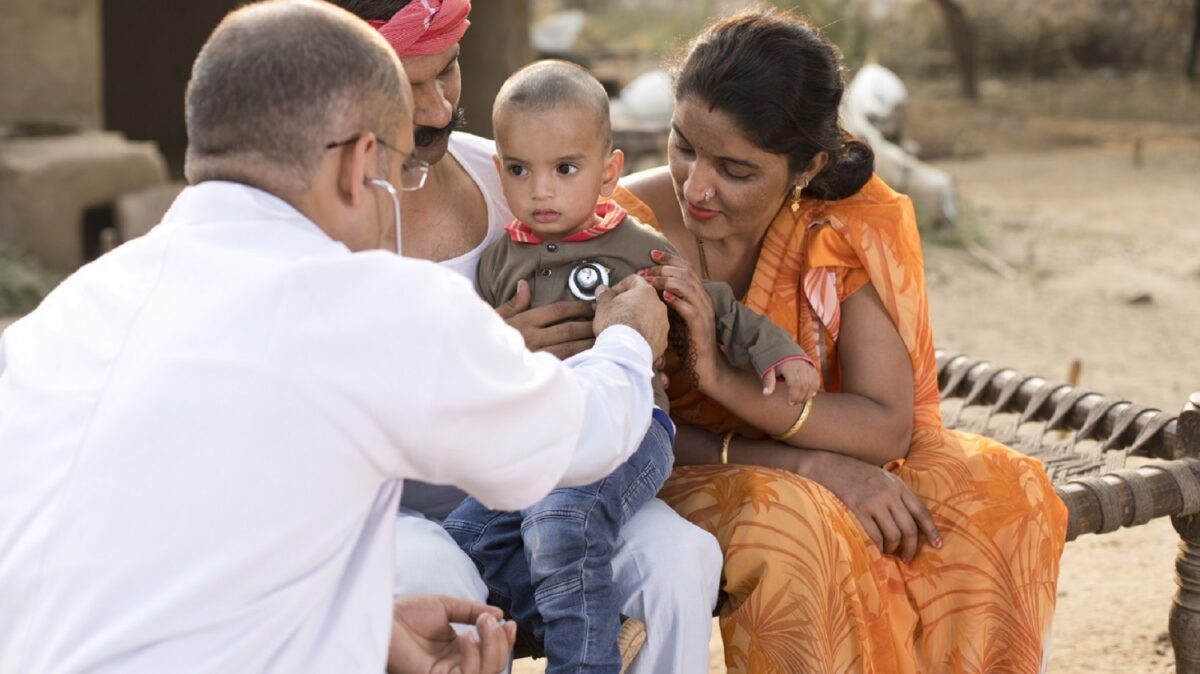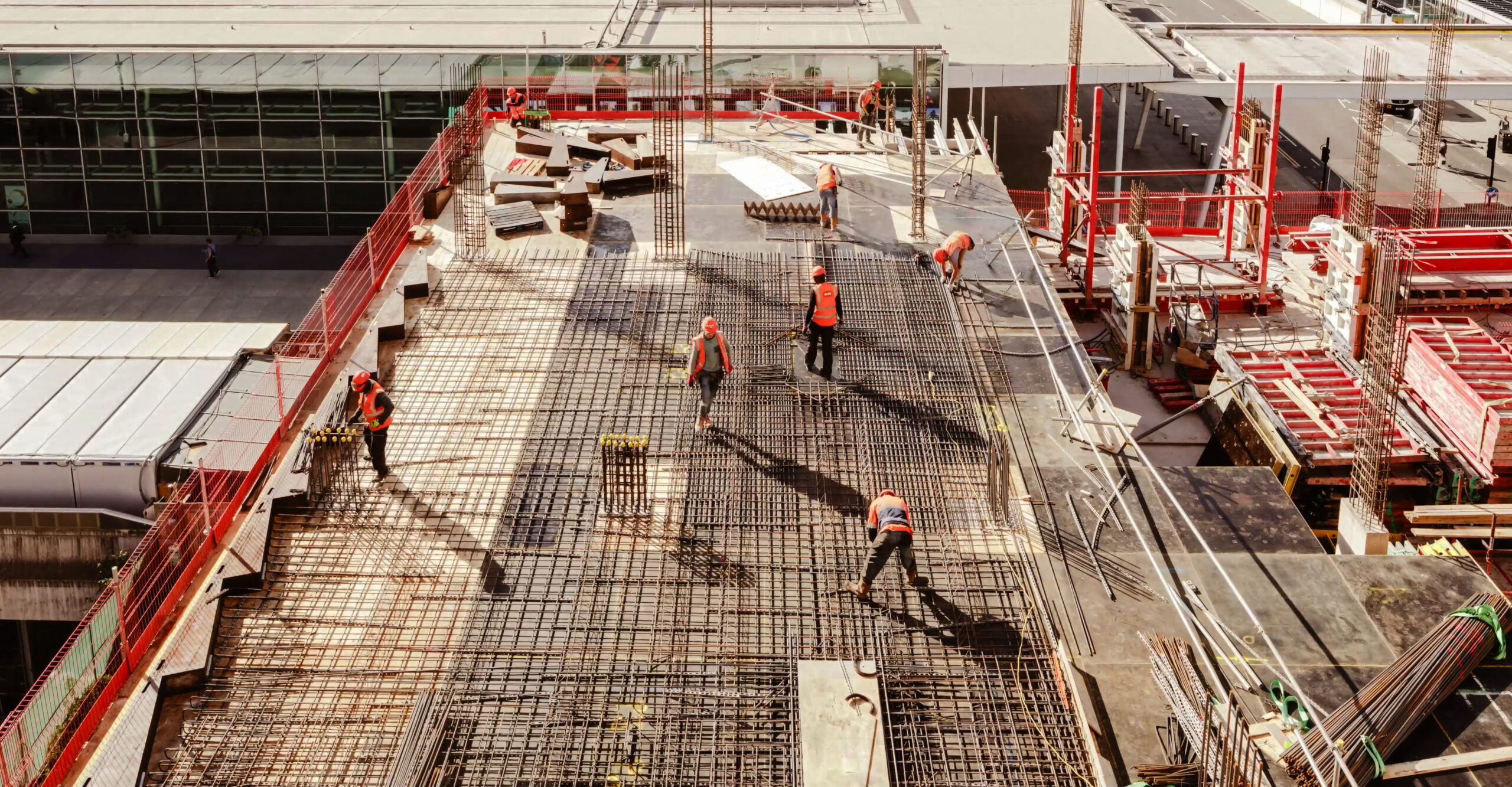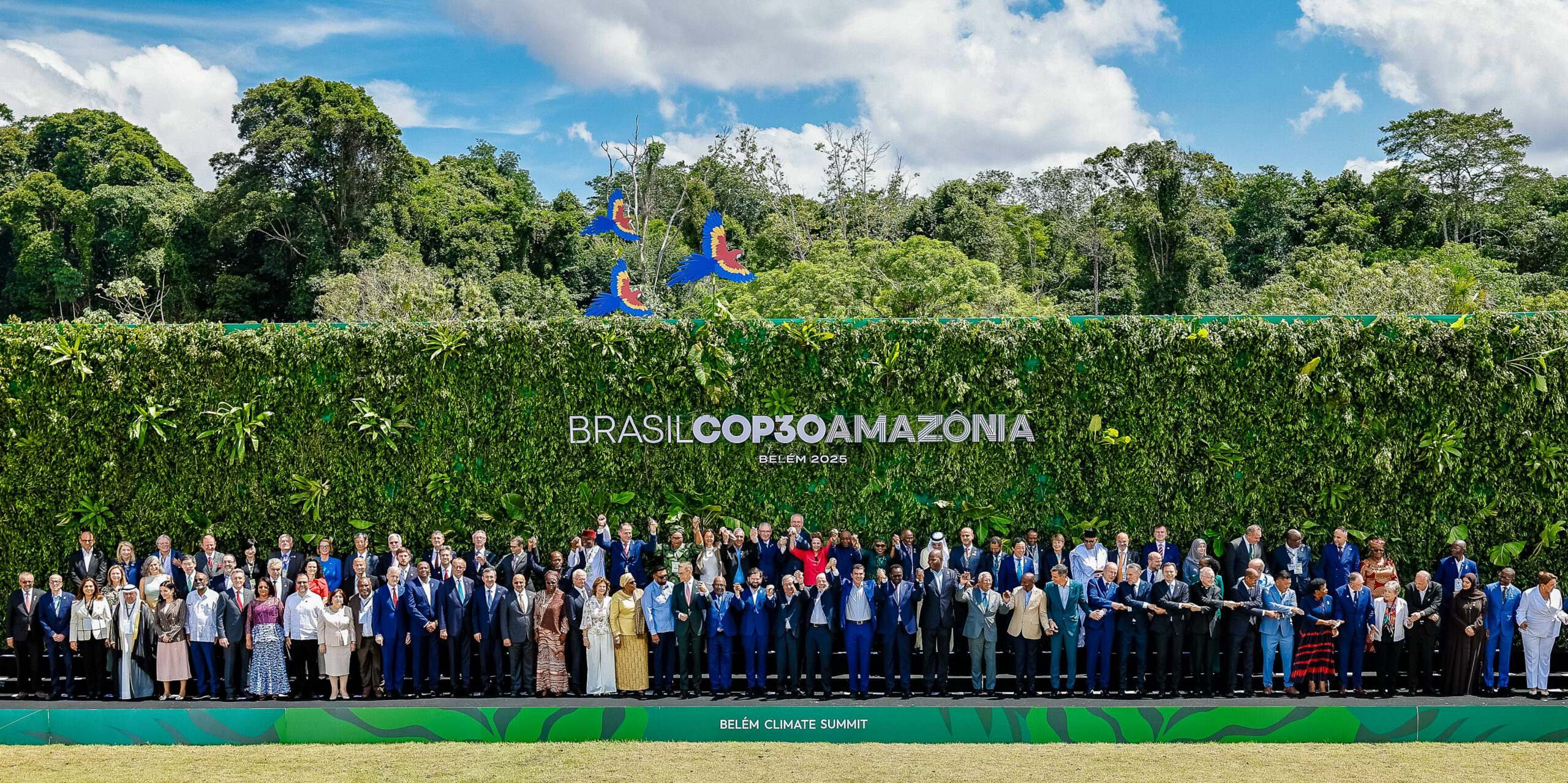Today, 7 April, is World Health Day, the World Health Organisation’s campaign day to help people better understand its chief goal: universal health coverage.
To mark it, #XynteoLife caught up with Dr Vandana Sarda, Xynteo’s Principal for Development, based in our Mumbai office in India, on her lifelong commitment to healthcare.
What inspired you to build a career in healthcare?
Biology was my favourite subject in school – I’ve been fascinated by human life, the body, the natural world and various living things since childhood. I went on to gain a PhD in Biotechnology from Drexel University, Philadelphia, USA, as well as an MSc in Genetics from Heriot-Watt University, Edinburgh, UK. So it followed that I built my career in all things related to nature, biology and life; I have 15 years of experience as a consultant, mentor and business development professional in life-sciences, biotech, pharma and healthcare. But it was only in my previous job that I shifted fully into healthcare. I started looking into medical devices and their use in India, realising that this sector was in infancy, with large dependence on imports. Healthcare services were skewed towards the well-off strata of society and the urban population. Wellness and preventive healthcare were also mostly unheard off in the sector, despite their prevalence in home-based systems of traditional Indian Ayurvedic medicine. Having lost my father, maternal grandfather and paternal aunt to cancer, the idea had been etched in my mind that ‘early’ and ‘preventive’ diagnosis needed to be established in the Indian psyche. While, as a scientist, the challenge of how to make prevention and wellness more mainstream appealed! The work at Xynteo in healthcare, via early and affordable diagnostics, attracted me as the most practical first step in fulfilling these goals.
You were recently jury member for a first-of-its-kind national programme supporting female entrepreneurs. How did healthcare show up among the finalists?
Dr Sarda: Yes, I was on the jury for a mentorship programme for women entrepreneurs, funded by the Government of India’s Department of Science and Technology, and hosted by Women Economic and Empowerment (WEE) Foundation and IIT-Bombay Society for Innovation and Entrepreneurship. Following the programme’s launch in October 2018, the cohort underwent three months of rigorous training and mentorship by WEE and our job was to select the top seven budding female entrepreneurs from the 25 shortlisted. It’s one of a growing number of initiatives to support female entrepreneurship across sectors – how powerful and inspiring! For me, this event was a big ‘aha!’ moment. Not only does women’s health in India need to be prioritised big time, but women-led health enterprises also need major encouragement. Three of the shortlisted pitches were from healthcare; two of which made it to the top seven. The latter were both healthcare start-ups – one working on non-communicable diseases treatment and the other on affordable point-of-care diagnosis for kidney disease. I’m delighted that I got to showcase and represent Xynteo as an example of female diversity and inclusion – more than half our team are women, including 50 percent in top management; something I’m so proud to be a part of. I also felt I really got to know what’s happening on the women entrepreneurship/start-up scene, including opportunities for collaborations with India2022 Impact Tracks.
Speaking of India2022, the Xynteo Exchange/India 2022 has just taken place. How does your work on the Healthcare Impact Track fit in?
Dr Sarda: YTogether with our partner Cyient, our vision is to make high-quality healthcare solutions accessible, affordable and beneficial to all. We plan to do that by fostering ecosystem partnerships through our MedtechConnect platform, as well as by onboarding innovative technologies and piloting scaling channels. We were thrilled to launch MedtechConnect at the Exchange – it was well received and we’re looking forward to continuing our work together on this Impact Track.
Finally, why is World Health Day important to you and your work?
Dr Sarda: YQuality healthcare is good for our health, good for economies and good for society. On this day, we must call on world leaders to make healthcare for all a reality. As someone committed to this sector, and who is also a lay Buddhist and a global citizen, I’m proud to use my voice to highlight this campaign.
–
Stay up to date with our latest interviews by following us on social media (LinkedIn I Twitter), or Contact Us to find out how we can help your leaders and organisation create people and planet-positive impact.



